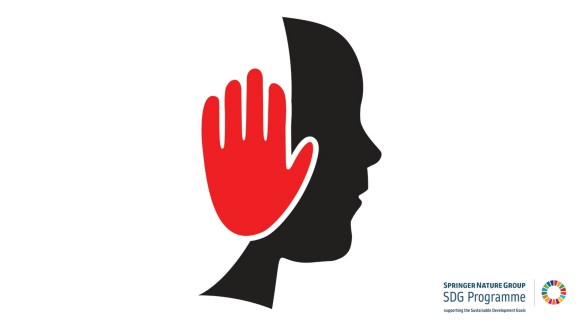 Javier Díez-Palomar is an Associate Professor at the Department of Linguistic, Scientific and Mathematical Education, University of Barcelona, Spain. Dr Díez-Palomar has served as President of AMIE (Association of Multidisciplinary Educational Research) from 2019 to 2023, and he is currently the Vice-President (2023-27). Member of CREA, Community of Research for Excellence for All. PI of GRESUD (Research Group in Education to Overcome Inequalities), consolidated research centre recognised by the Catalan Government (AGAUR).
Javier Díez-Palomar is an Associate Professor at the Department of Linguistic, Scientific and Mathematical Education, University of Barcelona, Spain. Dr Díez-Palomar has served as President of AMIE (Association of Multidisciplinary Educational Research) from 2019 to 2023, and he is currently the Vice-President (2023-27). Member of CREA, Community of Research for Excellence for All. PI of GRESUD (Research Group in Education to Overcome Inequalities), consolidated research centre recognised by the Catalan Government (AGAUR).
 Ramon Flecha is Professor emeritus at the University of Barcelona; DAAD Gastprofessor at the Julius-Maximilians-Universität Würzburg; and Doctor Honoris Causa by the Vest University of Timişoara. Dr Flecha is the first scientist in the world in the categories of Social Impact and Gender Violence (Google Scholar) and also the 1st Spanish sociologist. He is the only author to have directed four projects in SSH of the European Union's Research Framework Programmes, all with significant scientific, political and social impact.
Ramon Flecha is Professor emeritus at the University of Barcelona; DAAD Gastprofessor at the Julius-Maximilians-Universität Würzburg; and Doctor Honoris Causa by the Vest University of Timişoara. Dr Flecha is the first scientist in the world in the categories of Social Impact and Gender Violence (Google Scholar) and also the 1st Spanish sociologist. He is the only author to have directed four projects in SSH of the European Union's Research Framework Programmes, all with significant scientific, political and social impact.
 Rocío García-Carrión is an Ikerbasque Associate at the Department of Education, University of Deusto, Spain. Dr García-Carrión has been Marie Sklodowska-Curie in Educational Psychology at University of Cambridge and visiting scholar at Harvard University and Wolfson College, Cambridge, UK. Her research includes, dialogic and interactive learning environments, inclusion of marginalised groups, family and community involvement. She leads a national research-funded project -CHILDPRO (2021-2024)- focused on preventing gender violence from early childhood.
Rocío García-Carrión is an Ikerbasque Associate at the Department of Education, University of Deusto, Spain. Dr García-Carrión has been Marie Sklodowska-Curie in Educational Psychology at University of Cambridge and visiting scholar at Harvard University and Wolfson College, Cambridge, UK. Her research includes, dialogic and interactive learning environments, inclusion of marginalised groups, family and community involvement. She leads a national research-funded project -CHILDPRO (2021-2024)- focused on preventing gender violence from early childhood.
 Sandra Racionero-Plaza is Associate Professor in the Department of Sociology at the University of Barcelona. Her research focuses on the analysis of causes and effective solutions to child sexual abuse and gender violence among youth with an interdisciplinary approach which includes socioneuroscience. Dr Racionero-Plaza is currently on a research leave to scientifically advise the worldwide strategy of the Jesuits, named ‘Promotion of a Consistent Culture of Protection Project’, for the prevention of child sexual abuse and the abuse of vulnerable adults in all Jesuit works around the world.
Sandra Racionero-Plaza is Associate Professor in the Department of Sociology at the University of Barcelona. Her research focuses on the analysis of causes and effective solutions to child sexual abuse and gender violence among youth with an interdisciplinary approach which includes socioneuroscience. Dr Racionero-Plaza is currently on a research leave to scientifically advise the worldwide strategy of the Jesuits, named ‘Promotion of a Consistent Culture of Protection Project’, for the prevention of child sexual abuse and the abuse of vulnerable adults in all Jesuit works around the world.
Prospective authors may contact the Guest Editors via email:
Javier Díez-Palomar jdiezpalomar@ub.edu
Ramon Flecha ramon.flecha@ub.edu
Rocío García-Carrión rocio.garcia@deusto.es
Sandra Racionero-Plaza sandraracionero@ub.edu

